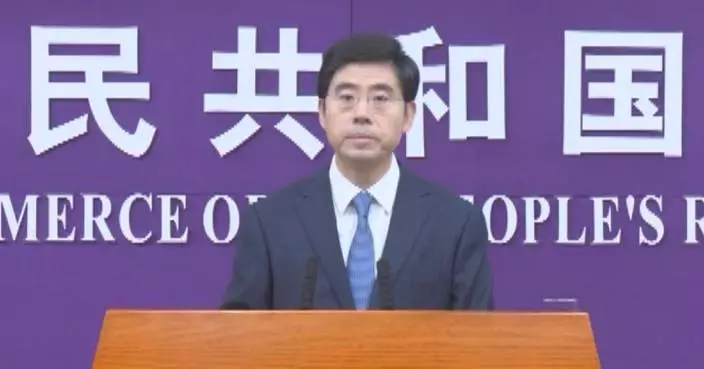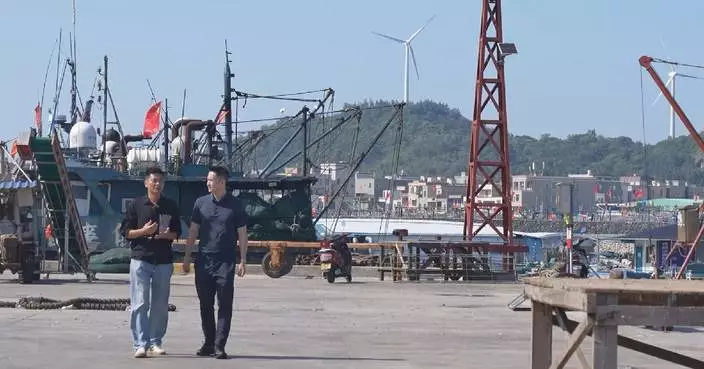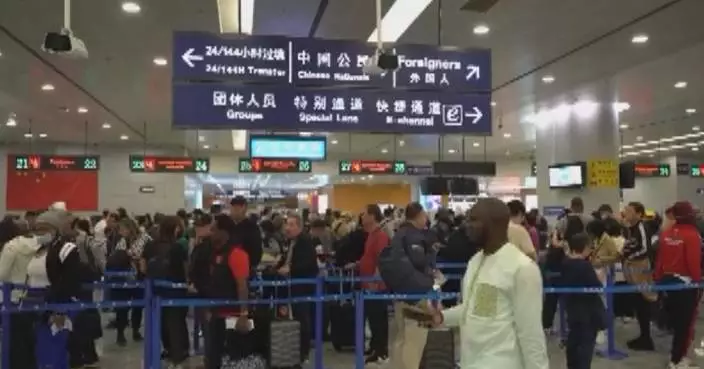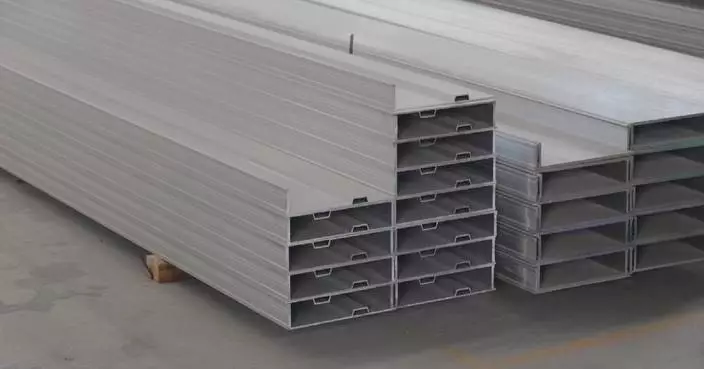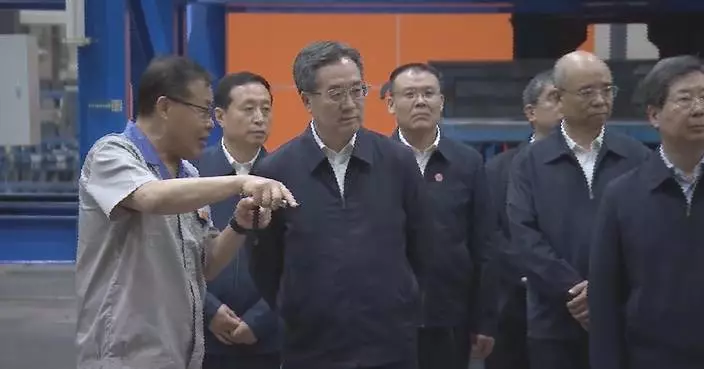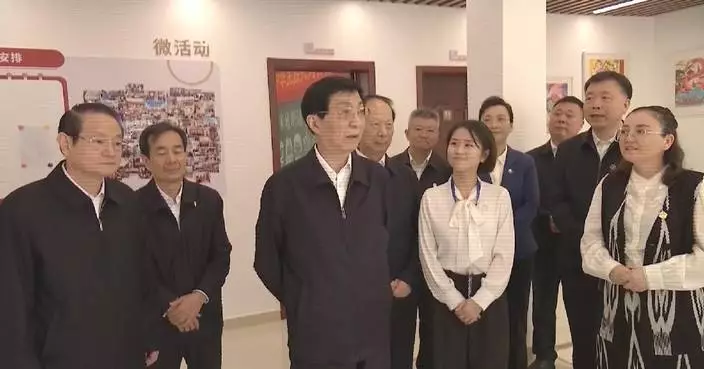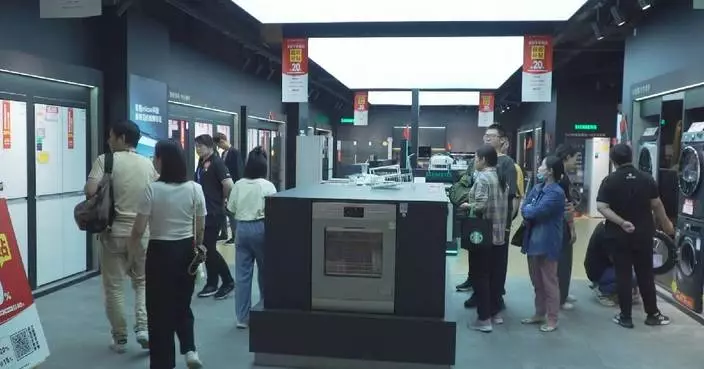About 1.2 million people in Lebanon have been displaced by Israeli airstrikes, said UN officials on Wednesday.
While briefing the press on their recent visit to Lebanon, UNICEF's Deputy Chief Ted Chaiban and Chief Operating Officer of the World Food Program (WFP) Carl Skau highlighted the plight of these displaced people.
"In Lebanon, approximately 1.2 million people, men, women and children, have been displaced by this war. And that includes approximately 400,000 children. Nearly 190,000 of those have been forced from their homes into makeshift shelters and are hoping for a semblance of safety there. Mostly those are public schools, while countless others seek refuge with anyone who can offer a roof and a place to rest," said Chaiban.
The UNICEF official noted the "profound acts of solidarity" witnessed "across communal, sectarian and religious lines," but he warned that as fighting and displacement continues, this solidarity "will become stretched pretty quickly."
Chaiban also talked about the loss of education for Lebanese students, noting that most public school students are unable to access educational opportunities.
"The school year has started in Beirut for private schools, but the public schools are either inaccessible, largely destroyed or used as shelters. There's about 15 percent of the public schools that can be used, but the vast majority of them cannot now accommodate students. So, we need to find a way to work on the issue of education to avoid losing a generation," he said.
Joining virtually from Rome, Skau said many of the displaced "have lost everything because they know that their villages or towns have been completely destroyed," and he described the situation as "a real sense of desperation".
He noted that during their visit, the fighting escalated, and they could see the "over packed minibuses heading north, and we could hear the bombing."
WFP, he said, was ready for this and has been preparing for this over the past few weeks and months.
"We were able to quickly step up, working hand in hand with other partners like UNICEF and other organizations. We are now delivering daily to some 200,000 people with ready-to-eat food and cash. And we have the capacity to scale up to a million people," Skau said.

1.2 million Lebanese people displaced by war: UN officials
China has made significant advancements in the development of intelligent connected vehicles, according to expert at the 2024 World Intelligent Connected Vehicles (ICV) Conference.
At the opening ceremony of the conference on Thursday, Minister of Industry and Information Technology Jin Zhuanglong said that China has established a complete ICV industrial system covering foundational chips, sensors, computing platforms, chassis control and internet-based cloud control.
He said that China's technologies like human-machine interaction are in a leading position globally, while breakthroughs in steer-by-wire and active suspension systems are gathering pace.
"Infrastructure development is speeding up. Over 50 cities nationwide are conducting road testing demonstrations for ICVs, with 32,000 kilometers of testing roads opened and approximately 10,000 kilometers of roads undergoing intelligent upgrades, along with the installation of over 8,700 roadside units," said Jin.
He also emphasized that China has nurtured nearly 400 "little giant" enterprises that apply special and sophisticated technologies to produce unique and novel products in the ICV sector, with five lidar companies ranking in the global top 10.
Furthermore, international cooperation continues to deepen, as China has cooperated with Europe, Japan, and the United States to develop multiple regulations for autonomous driving, he said.
Jin said that advancements in computing power, big data and large models are expected to lead to significant breakthroughs in advanced autonomous driving technology, ushering in a new development stage for ICVs.
Jin outlined four areas to promote the industry's new development. First, in integrated innovation, the country will focus on next-generation electronic and electrical architecture, high-performance chips, domain controllers and super-intelligent systems to foster integration among vehicles, smart grids, intelligent transportation and smart cities.
Second, China will expand application scenarios with pilot projects for integrated vehicle-road-cloud computing applications in logistics, public transport, taxis and environmental sanitation, he said.
"Third, we will improve standards and regulations, revising traffic safety and insurance laws, establishing and improving a regulatory framework for high-level autonomous driving and accelerating the formulation of standards for functional safety, cybersecurity, and data security," he said.
Jin said that within the framework of the International Organization for Standardization, China will also strengthen cooperation on standards and regulations with various countries, and explore policies to facilitate cross-border data flow.
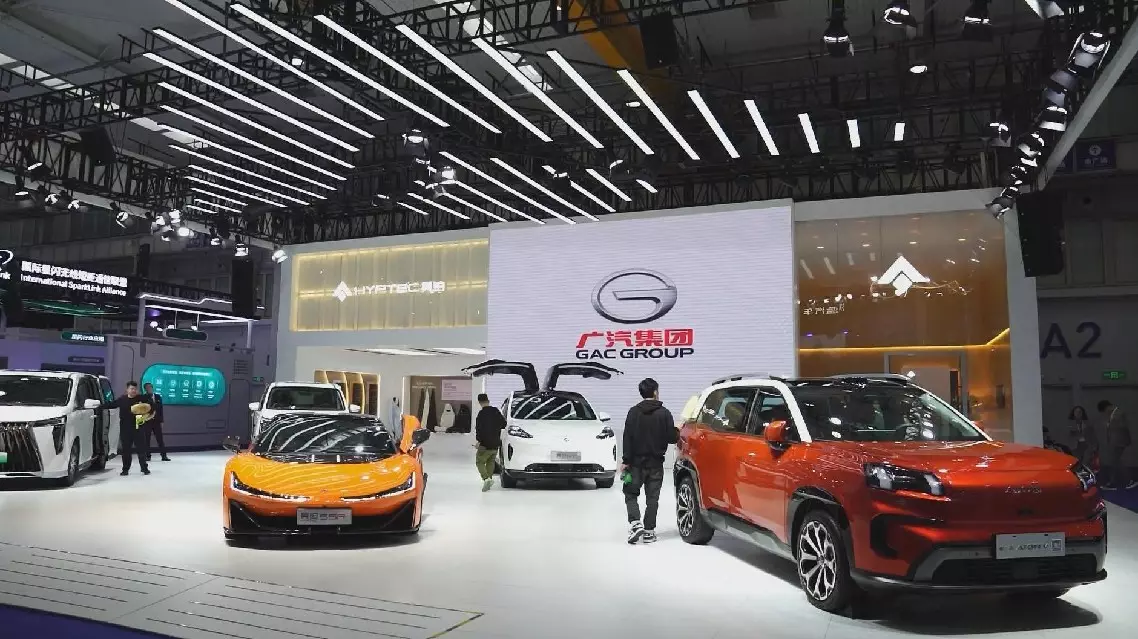
China making headway in intelligent connected vehicle development




